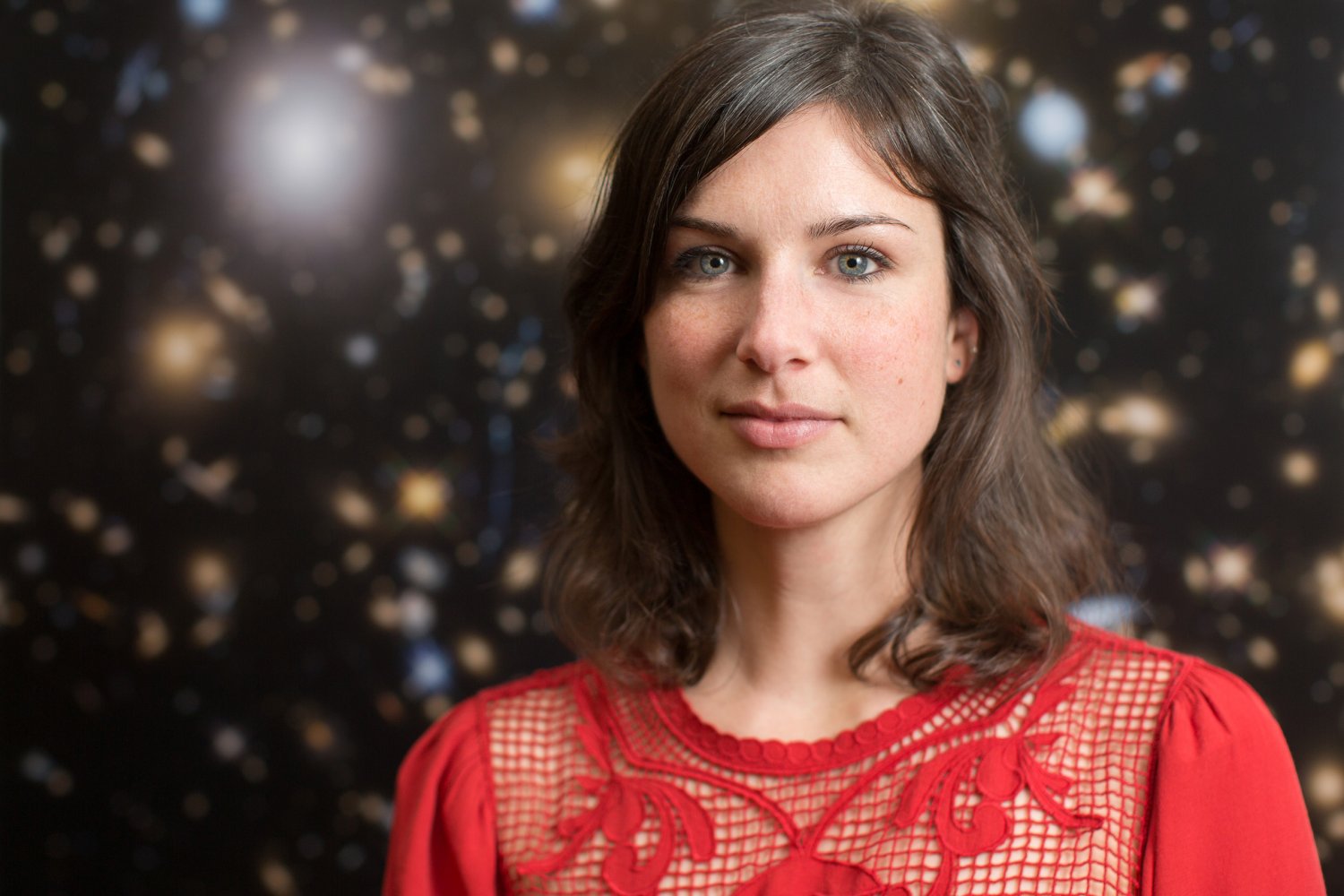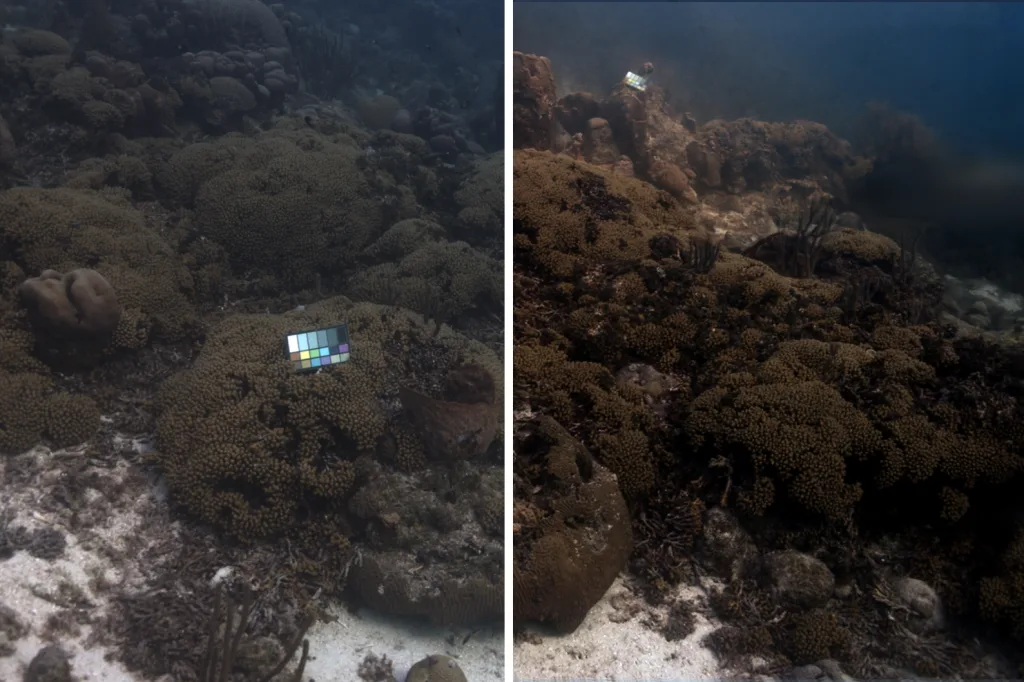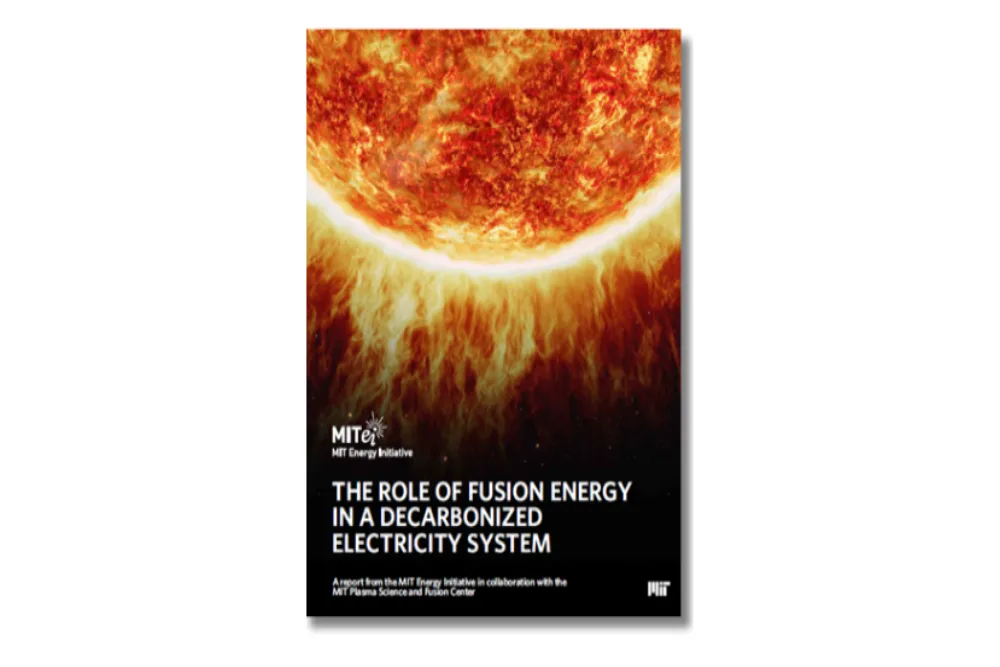Erin Kara, a Class of 1958 Career Development Assistant Professor in the Department of Physics at MIT, has been awarded the prestigious 2023-24 Harold E. Edgerton Faculty Achievement Award. This honor, established in 1982 in memory of Institute Professor Emeritus Harold E. Edgerton, recognizes faculty members who demonstrate exceptional skill in teaching, research, and service.
As an observational astrophysicist, Professor Kara is a key member of the MIT Kavli Institute for Astrophysics and Space Research (MKI). Her groundbreaking research focuses on high-energy astrophysical events, exploring how black holes evolve and their interplay with surrounding environments.
One of her notable contributions is the innovative technique known as X-ray reverberation mapping. This complex method enables astronomers to visualize gas flowing towards black holes, providing insight into the effects of highly curved spacetime near the event horizon. Additionally, she investigates various transient phenomena like tidal disruption events and outbursts from galactic black holes.
Professor Kara plays a vital role as a NASA Participating Scientist for both the recently launched XRISM Observatory—a joint JAXA/NASA X-ray spectroscopy mission—and the upcoming ULTRASAT Mission, set to launch in 2027, which will focus on ultraviolet all-sky timing surveys. Moreover, she is working on the development of future NASA missions as the deputy principal investigator for the AXIS Probe Mission.
Claude Canizares, the Bruno Rossi Professor of Physics, expressed his delight, stating, “I am thrilled for Erin. She exemplifies what it means to be an Edgerton awardee. As one of the top observational astrophysicists of her generation, her contributions to our understanding of black holes and their environments are significant. Beyond her research, she excels as a dedicated teacher and mentor for graduate students and postdocs.”
Rob Simcoe, Kavli Director, added, “Erin represents a unique group of experimental astrophysicists who are not only adept at utilizing existing observatories but also actively participate in planning and executing pioneering space missions that will influence the future of astrophysics.”
The award committee commended Kara for fostering a vibrant, multigenerational research environment where her mentorship is both thoughtful and intentional. She empowers her students and postdocs while providing the support necessary for their growth.
During the nomination process, numerous students lauded Kara for her exceptional teaching abilities, infectious enthusiasm, meticulous organization, friendly demeanor, and in-depth knowledge. One student shared, “Erin is the best faculty mentor I have ever encountered. She balances providing support and detailed feedback on projects with fostering independence in her students. Collaborating with Erin has been a highlight of my experience at MIT.”
Professor Kara holds a BA in physics from Barnard College, alongside an MPhil in physics and a PhD in astronomy from the Institute of Astronomy at Cambridge University. Following her studies, she served as a Hubble Postdoctoral Fellow and a Neil Gehrels Prize Postdoctoral Fellow at the University of Maryland and NASA’s Goddard Space Flight Center before joining MIT as a faculty member in 2019.
Her accolades include the American Astronomical Society’s Newton Lacy Pierce Prize for outstanding observational research and the Rossi Prize from the High-Energy Astrophysics Division of the AAS (shared).
The award committee also recognized her contributions to the MIT community, including her role in the Physics Graduate Admissions Committee, the Pappalardo Postdoctoral Fellowship Committee, and the MKI Anti-Racism Task Force. Kara actively engages with student organizations, like Undergraduate Women in Physics and Graduate Women in Physics, through dinners and meet-and-greet events.
Additionally, she participates in public outreach, providing insightful talks such as “Black Hole Echoes and the Music of the Cosmos” at the Concord Conservatory of Music and “What’s for dinner? How black holes eat nearby stars” during the MIT Summer Research Program.
Kara expressed her gratitude for the recognition, stating, “It’s incredibly rewarding to be acknowledged by my peers. I’m grateful for the outstanding members of my research group; their curiosity and dedication make this work truly fulfilling.”
Photo credit & article inspired by: Massachusetts Institute of Technology



